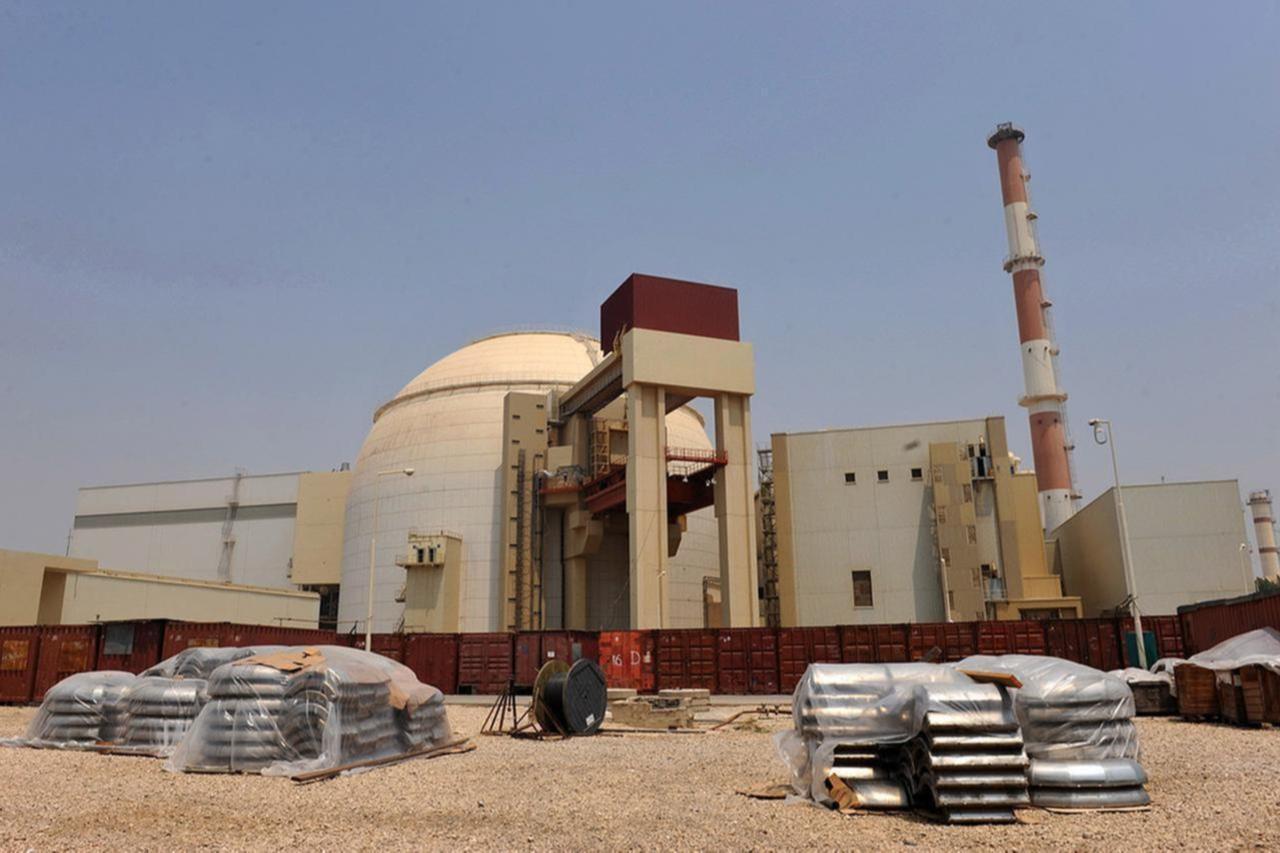
Delegations from Iran and three European nations convened for a second time at Iran's Istanbul Consulate General to discuss nuclear activities, as diplomatic efforts continue amid regional tensions.
Representatives from Iran, Britain, France and Germany met behind closed doors at the Iranian diplomatic facility, with vehicles carrying the delegations entering the consulate grounds. The talks were closed to the press.
Iran's delegation included Deputy Foreign Ministers Majid Takht-Ravanchi and Kazem Gharibabadi, participating in the deputy foreign minister-level discussions.
The meeting follows Iran's agreement to engage in new rounds of negotiations at the request of European signatories to the 2015 nuclear agreement. The so-called E3 group—comprising Britain, France and Germany as the European parties to the original deal—first met with Iranian officials in Istanbul on May 16. The parties had agreed to continue contacts parallel to ongoing indirect negotiations between the United States and Iran.
The negotiation process between Iran and the U.S. was proceeding when Israel launched an attack on Iran on June 13, leading to the suspension of talks with both America and European nations.
Iran faces concerns over the potential activation of a "snapback mechanism" by European countries—a provision that could restore United Nations sanctions that were lifted under the 2015 nuclear agreement. This mechanism is set to expire on Oct. 18, and European nations could potentially activate it before that date if no solution is found regarding Iran's nuclear program.
The original nuclear agreement was signed on July 14, 2015, between Iran and the five permanent members of the U.N. Security Council plus Germany. The deal limited Iran's nuclear activities in exchange for sanctions relief. The United States unilaterally withdrew from the agreement in 2018 and reimposed sanctions on Iran.
Iran had requested that European countries take measures to compensate for U.S. sanctions, but European nations, while opposing the American action, were unable to take significant steps in this direction.
Subsequently, Iran began gradually suspending its commitments under the agreement a year later and eventually moved toward high-level uranium enrichment activities.
Britain, France and Germany have threatened to activate the "snapback" provision in the nuclear agreement—a mechanism that would allow them to reimpose U.N. sanctions on Iran, citing violations of the deal after the U.S. withdrawal rendered the agreement non-functional.
Iranian Foreign Minister Abbas Araghchi has stated that European parties lack the legal basis to trigger the mechanism, arguing they have "violated the foundations of the agreement" and "lost their participant role in the accord."